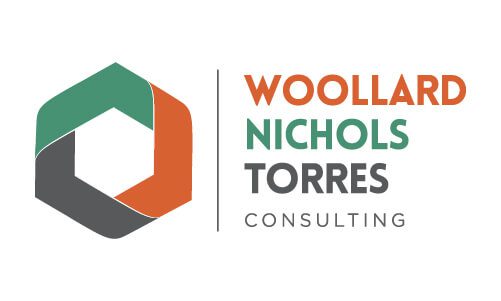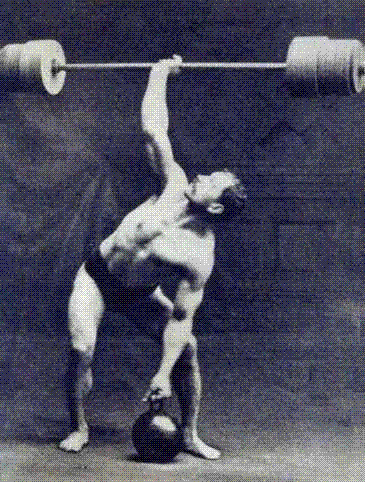As you know if you’ve worked with us previously, we are big fans of tools that highlight the strengths of individuals and teams. We employ a strengths-based approach to strategic and community planning, and we often use appreciative inquiry as a tool for deepening connections to multiply impact with team members, boards, and coalitions. So we are over the moon to announce that Carol Johnson will be joining us as our newest Associate! As you’ll read below, Carol is a Gallup Certified Strengths Coach, and we know from experience – she has worked with each of our existing team members to help explain our top strengths and discuss our team dynamic – that this service will be an incredible asset for our clients.
[hr-line][/hr-line]
I have spent much of my life trying to “fix my weaknesses.” I need to be more gregarious, I need to learn to ask for money without feeling so drained, I need to organize people more effectively. This list goes on and on. Where does this obsession with fixing ourselves come from? Why should we all be trying to do everything well?
A friend who works for a large corporation in Austin reported this experience to me. He had taken some type of personality test and upon reviewing the results with his boss, she told him, “Don’t worry, we can fix those weaknesses!” After years of trying to fix weaknesses, that response just makes me tired. He felt the same way.
I think there is a lot more productivity to be had in focusing on our strengths. What things was my friend good at that his boss could help him to use more frequently and celebrate? What “jazzes” him? How is he wired? What ways of thinking, feeling and behaving are his innate talents?
Think of something successful that you have done in your lifetime. It should be something you feel success about, not something that doesn’t give you satisfaction but others tell you was successful. Wouldn’t it be great if you could feel that rush of success and deep inner satisfaction more often? I think you can. That feeling of energy is because you used your personal strengths to accomplish it.
You may wonder what your strengths are. Can you name them? We are so busy trying to do everything that we are not focusing on what we are really good at.
75 years ago, Donald Clifton decided we needed to focus on people’s strengths rather than their weaknesses. He studied successful people and found 34 talent themes that contributed to their success. He developed an assessment that helps us measure these – the Clifton StrengthsFinders 2.0. It is marketed by Gallup, Inc. (yes, the survey company.) It is only $16.24 to take the assessment and you are told your top 5 strengths. Over 12 million people have taken it to learn their strengths.
Gallup’s research has shown that people who work on developing their strengths can become exponentially more successful than people who work on fixing their weaknesses. Using your strengths daily makes you six times more likely to feel engaged at work, and three times more likely to report a high quality of life. Focusing on strengths instead of weaknesses has an enormous payoff.
Would you like help discovering your strengths? Once you know your strengths, how do you use them? How do groups of people use them? What does that mean about your weaknesses? I would love to help you with this.
Let’s spend more time doing what jazzes us. We will find that you are much more successful, as well as happier. Stay tuned for my next post on how focusing on strengths helps teams to function more effectively and efficiently.

